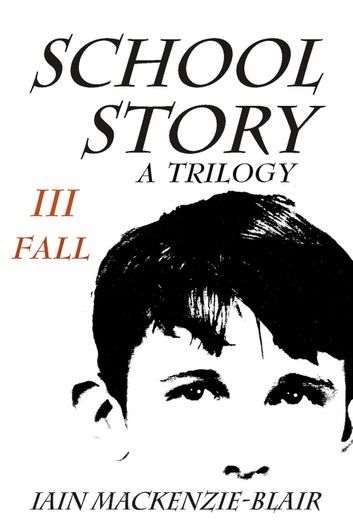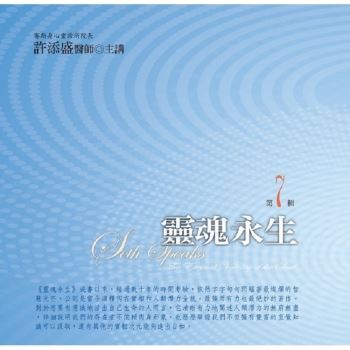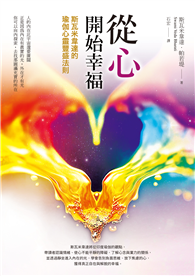| FindBook |
有 1 項符合
Fall的圖書 |
 |
Fall 作者:Iain Mackenzie-Blair 出版社:Amolibros 出版日期:2012-01-04 語言:英文 |
| 圖書館借閱 |
| 國家圖書館 | 全國圖書書目資訊網 | 國立公共資訊圖書館 | 電子書服務平台 | MetaCat 跨館整合查詢 |
| 臺北市立圖書館 | 新北市立圖書館 | 基隆市公共圖書館 | 桃園市立圖書館 | 新竹縣公共圖書館 |
| 苗栗縣立圖書館 | 臺中市立圖書館 | 彰化縣公共圖書館 | 南投縣文化局 | 雲林縣公共圖書館 |
| 嘉義縣圖書館 | 臺南市立圖書館 | 高雄市立圖書館 | 屏東縣公共圖書館 | 宜蘭縣公共圖書館 |
| 花蓮縣文化局 | 臺東縣文化處 |
|
|
Seven apprehensive thirteen-year-olds enter a famous Public School as members of Ansell’s, the most prestigious House. The reader is inducted with them into claustrophobic, arcane, degenerated traditions which educate them intellectually, morally and sexually into ruined senior boys who precipitate the shocking tragedy and its shameful aftermath which still haunts the narrator.
Frighteningly convincing, uncompromisingly explicit, this portrayal of an outwardly revered institution inwardly corrupt with misplaced loyalty, complacency and arrogance, makes us ponder the integrity of those who, educated like these boys, dominated Government and the Establishment during the last decades of the twentieth century
“We must destroy him.”
… No hiss of indrawn breath, no bubble of subversive agreement, certainly no protest. It was as if he merely articulated something tacitly agreed already. …There is only one word precise enough which comes to mind, but it is so unfashionable and prissy that perhaps you will smile. It does not make me smile…
Corruption?
Oh yes, certainly we were corrupt. We had been slowly, insidiously, subtly corrupted since the first minutes of the first hour we arrived in Ansell’s. …But it seems to me now, as an old man, that the only appropriate word for what we finally embraced that fading autumn afternoon is ‘wickedness’.
|











